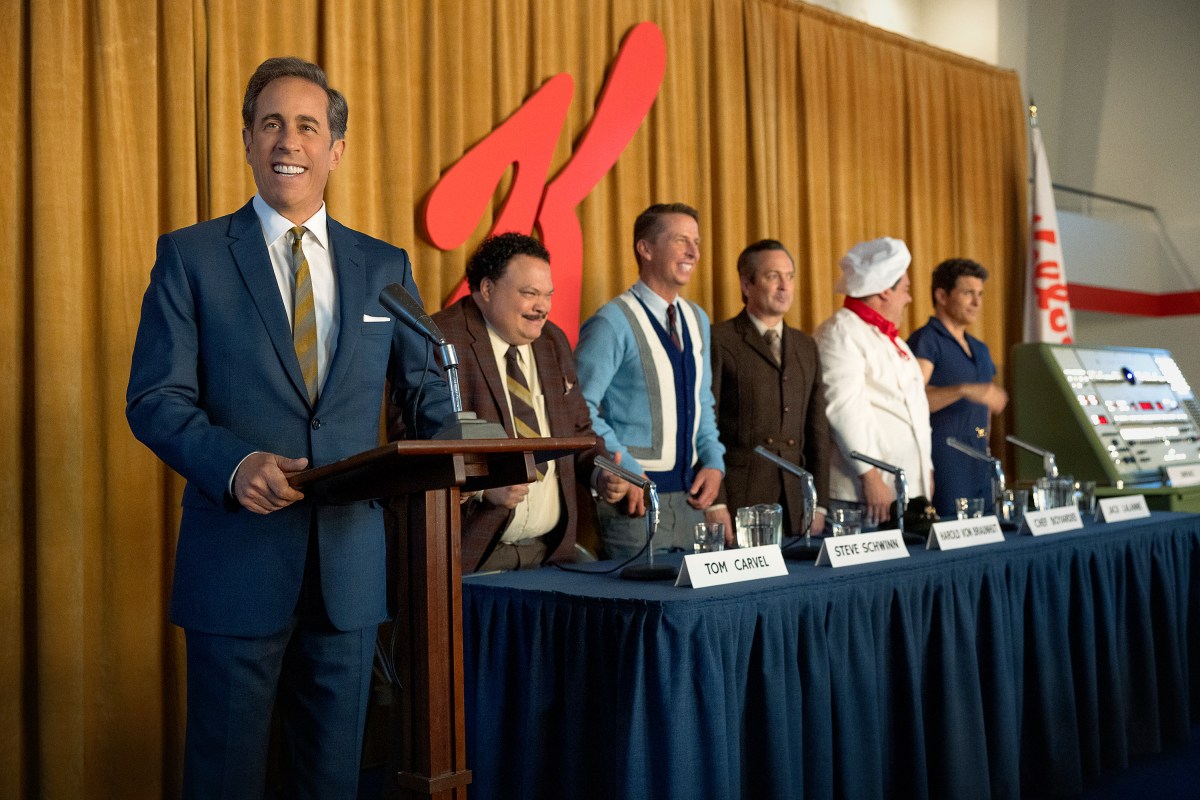Most former cabinet ministers are soon forgotten. Not so for Donald Rumsfeld. In his new memoir, “Known and Unknown,” the influential U.S. secretary of defense defends with renewed gusto the interventions in Iraq and Afghanistan. “If Saddam Hussein had gone into exile, we wouldn’t be having this war,” he told Metro.
How much credit should President Obama get for finding Osama bin Laden?
Every administration builds on the one before. We invested an enormous amount of time in correcting the weaknesses that existed since the end of the Cold War. People had gotten relaxed and drew down our intelligence and military capabilities. In the eight years of George W. Bush, we made a big focus on special forces. We increased their budget by 300 percent. The Obama administration benefits from the effort post-9/11 that went into those capabilities.
Pakistani leaders say they didn’t know where bin Laden was hiding. Do you believe them?
OBL [bin Laden] had money and an al Qaeda support system. He didn’t need a Pakistani support system. It’s very plausible that the Pakistani government didn’t know his location. Are there people in the Pakistani government who would have liked to help OBL? Sure! We know about their relationship with the Taliban. On one hand, they’ve helped us capture a lot of people. On the other hand, they’ve worked with the Taliban.
Does it still make sense for the United States to cooperate with Pakistan?
Absolutely. If we said that we’re not going to deal with any country that’s not exactly like us, how many countries in the world could we deal with? Winston Churchill made an alliance with Joseph Stalin, not because he admired the butcher, but because he wanted help in defeating Adolf Hitler.
What’s the most important thing you didn’t know that you didn’t know when you became Bush’s Secretary of Defense?
If you know that you don’t know something, you’re way better off than if you don’t know that you don’t know it. The things that get you are the unknown unknowns.
What do you worry most about?
Our intelligence problems, the proliferations of weapons of mass destruction, and cyber attacks.
On Iraq
You report in your book that the U.S. found a factory for weapons of mass destruction in Iraq. Since WMDs motivated the war, why didn’t the Bush administration let people know it had found some?
We didn’t know if the factory was directly connected to Saddam Hussein. Of course, he was running a police state, so there wasn’t a lot going on that he didn’t know about. Our troops found all the precursors and people who knew how to make chemical and biological weapons.
They found WMD manuals in Arabic, chemical and biological protection suits and facilities where such weapons could be produced. We know that the people involved in this could have ramped up production of chemical and biological weapons in a matter of three or four weeks. I don’t know why the [Bush] administration did such a poor job of defending itself.
Would the Iraq war be viewed differently if the administration had presented this evidence?
I don’t sit around worrying about that. History will tell the truth.
On Gitmo and waterboarding
You call Guantanamo Bay a professionally run prison. Do you mean its poor reputation is simply a PR problem?
What else could it be? We had hundreds and hundreds of people from the press going there, looking for bad things, but they couldn’t find anything. They didn’t come back and write stories that Guantanamo was well-run, that the inmates had soccer and athletics and that the
average weight gain was 20 pounds. They didn’t write that the inmates got religiously appropriate meals. They didn’t write about this because this isn’t news.
What about waterboardings?
So many people think there was “torture” at Guantanamo because the CIA waterboarded three people somewhere else, and those people were later brought to Guantanamo. People talk about “prisoners who were waterboarded at Guantanamo,” which suggests that they were waterboarded by the Department of Defense.
Is that why President Obama changed his opinion about closing Guantanamo?
I recently spoke with a naval officer who was in charge at Guantanamo when the Obama administration took office. He told me that Obama’s attorney general [Minister of Justice] came to Guantanamo. The officer showed him around, and after the tour the attorney general said, “now, show me the rest of it.” He was convinced there was a secret place where bad things were happening. There wasn’t.
On his first day in office, Obama issued an executive order to close Guantanamo; but after his visit, the attorney general said that the Obama administration would have to reconsider their closure plans. Of course, it remains open. The problem is, where should these people go? If you’re going to have indefinite detentions, what do you do? You change your position, and that’s what the Obama administration has done.
One lead on the trail to Osama bin Laden came from information Khalid Sheikh Muhammed gave while being waterboarded. Has this changed your position on waterboarding?
The CIA had a special unit that did it on very few people. The Department of Defense shouldn’t do it. These are very young soldiers and they’re not trained to do that. I don’t think it’s appropriate for the Department of Defense.
So it should be done, but not by young soldiers?
Three successive directors of the CIA – George Tenet, Porter Goss and Michael Hayden – have testified that a major portion of our information on al Qaeda came from the three people who were waterboarded. And current CIA Director Leon Panetta has said that enhanced interrogation techniques contributed to the evidence that led to the location of OBL.
Given this information, do you think waterboarding should be used more often?
If you have a new high-value captive, like the three who have been waterboarded, and you think you can save lives, then you’d have to make a conscious decision to risk lives that could have been saved, if you view waterboarding as improper.
We have some units of our armed forces that are specially trained for resistance, evasion, survival and escape. Soldiers volunteer to go into this program, and they’re waterboarded. They’re not injured, but it’s a frightening thing. However, it’s not as bad as a drone killing you or being shot, like bin Laden.


















